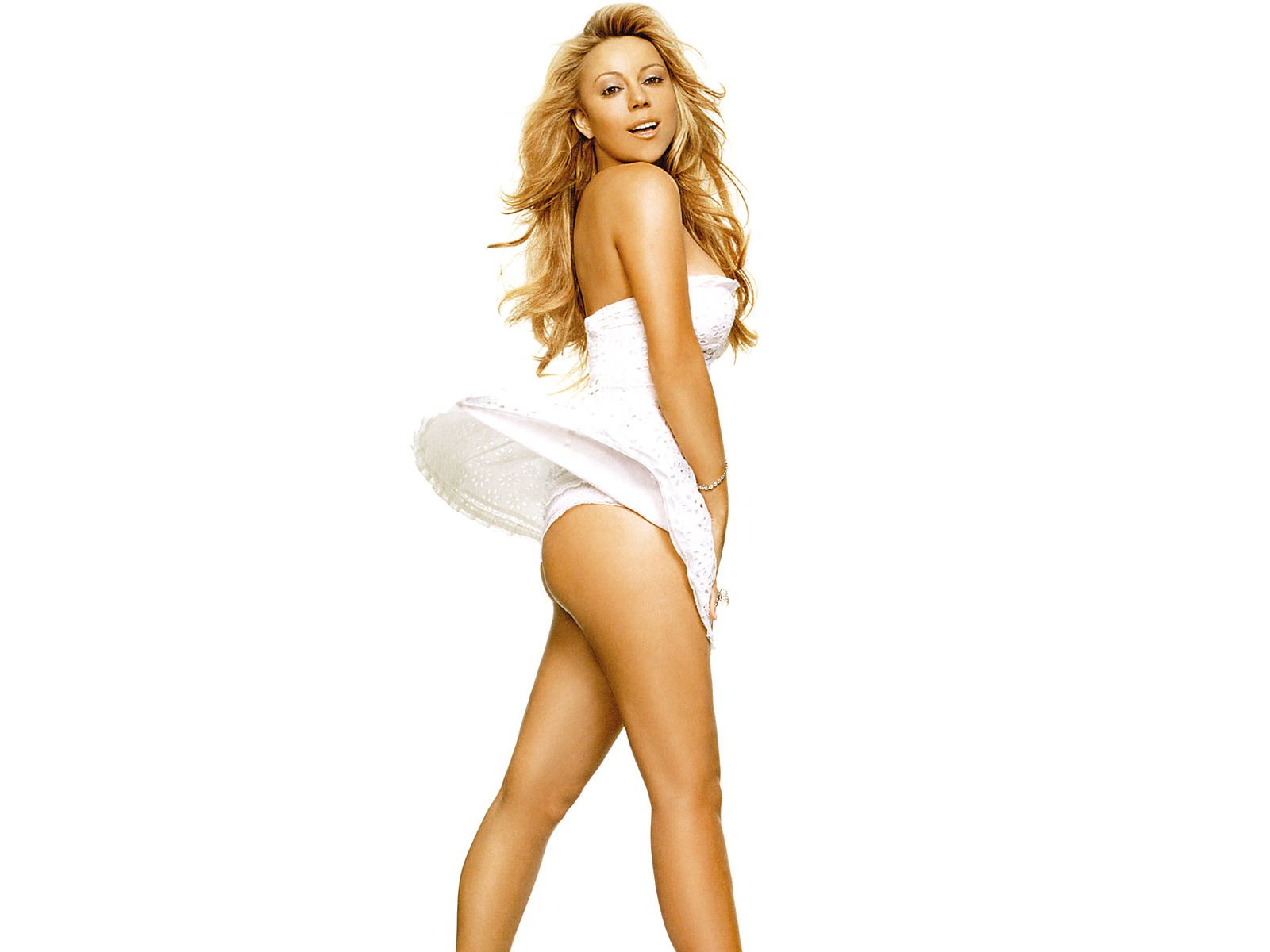|
|
Mariah Carey
|
Artistry
• Musical style
Love is the subject of the majority of Carey's lyrics, although she has written about themes such as racism, social alienation, death, world hunger, and spirituality. She has said that much of her work is partly autobiographical, but Time magazine wrote: "If only Mariah Carey's music had the drama of her life. Her songs are often sugary and artificial—NutraSweet soul. But her life has passion and conflict," applying it to the first stages of her career. He commented that as her albums progressed, so too her songwriting and music blossomed into more mature and meaningful material. Jim Faber of the New York Daily News, made similar comments, "For Carey, vocalizing is all about the performance, not the emotions that inspired it. Singing, to her, represents a physical challenge, not an emotional unburdening." While reviewing Music Box, Stephen Holden from Rolling Stone commented that Carey sang with "sustained passion", while Entertainment Weekly's Arion Berger wrote that during some vocal moments, Carey becomes "too overwhelmed to put her passion into words." In 2001, The Village Voice wrote in regards to what they considered Carey's "centerless ballads", writing, "Carey's Strawberry Shortcake soul still provides the template with which teen-pop cuties draw curlicues around those centerless Diane Warren ballads ... it's largely because of Blige that the new R&B demands a greater range of emotional expression, smarter poetry, more from-the-gut testifying, and less unnecessary notes than the squeaky-clean and just plain squeaky Mariah era. Nowadays it's the Christina Aguileras and Jessica Simpsons who awkwardly oversing, while the women with roof-raising lung power keep it in check when tune or lyric demands."
Carey's output makes use of electronic instruments such as drum machines, keyboards and synthesizers. Many of her songs contain piano-driven melodies, as she was given piano lessons when she was six years old. Carey said that she cannot read sheet music and prefers to collaborate with a pianist when composing her material, but feels that it is easier to experiment with faster and less conventional melodies and chord progressions using this technique. While Carey learned to play the piano at a young age, and incorporates several ranges of production and instrumentation into her music, she has maintained that her voice has always been her most important asset: "My voice is my instrument; it always has been." Carey began commissioning remixes of her material early in her career and helped to spearhead the practice of recording entirely new vocals for remixes. Disc jockey David Morales has collaborated with Carey on several occasions, starting with "Dreamlover" (1993), which popularized the tradition of remixing R&B songs into house records, and which Slant magazine named one of the greatest dance songs of all time. From "Fantasy" (1995) onward, Carey enlisted both hip-hop and house producers to re-structure her album compositions. Entertainment Weekly included two remixes of "Fantasy" on a list of Carey's greatest recordings compiled in 2005: a National Dance Music Award-winning remix produced by Morales, and a Sean Combs production featuring rapper Ol' Dirty Bastard. The latter has been credited with popularizing the R&B/hip-hop collaboration trend that has continued into the 2000s, through artists such as Ashanti and Beyoncé. Combs said that Carey "knows the importance of mixes, so you feel like you're with an artist who appreciates your work—an artist who wants to come up with something with you".
|
|









